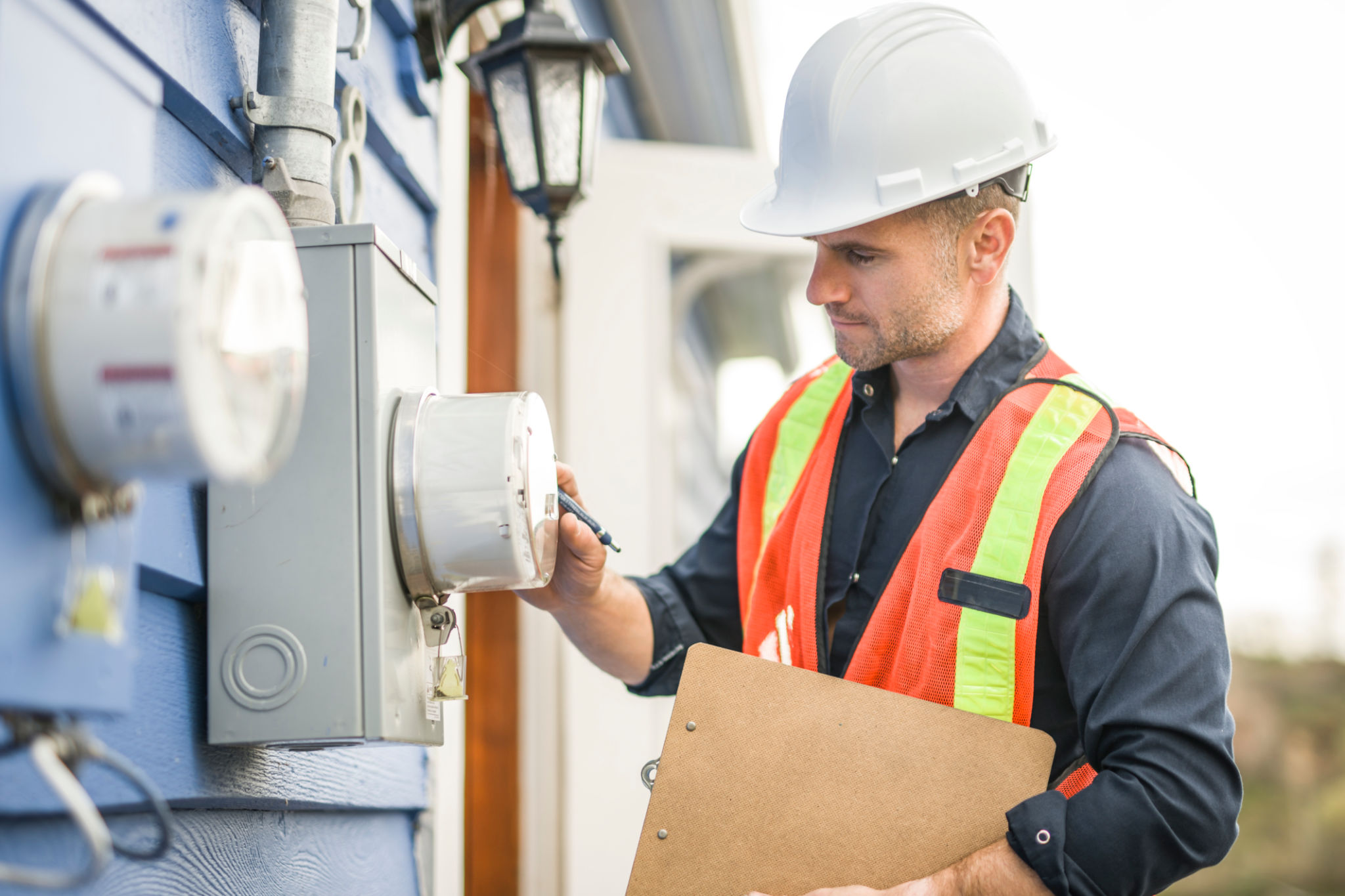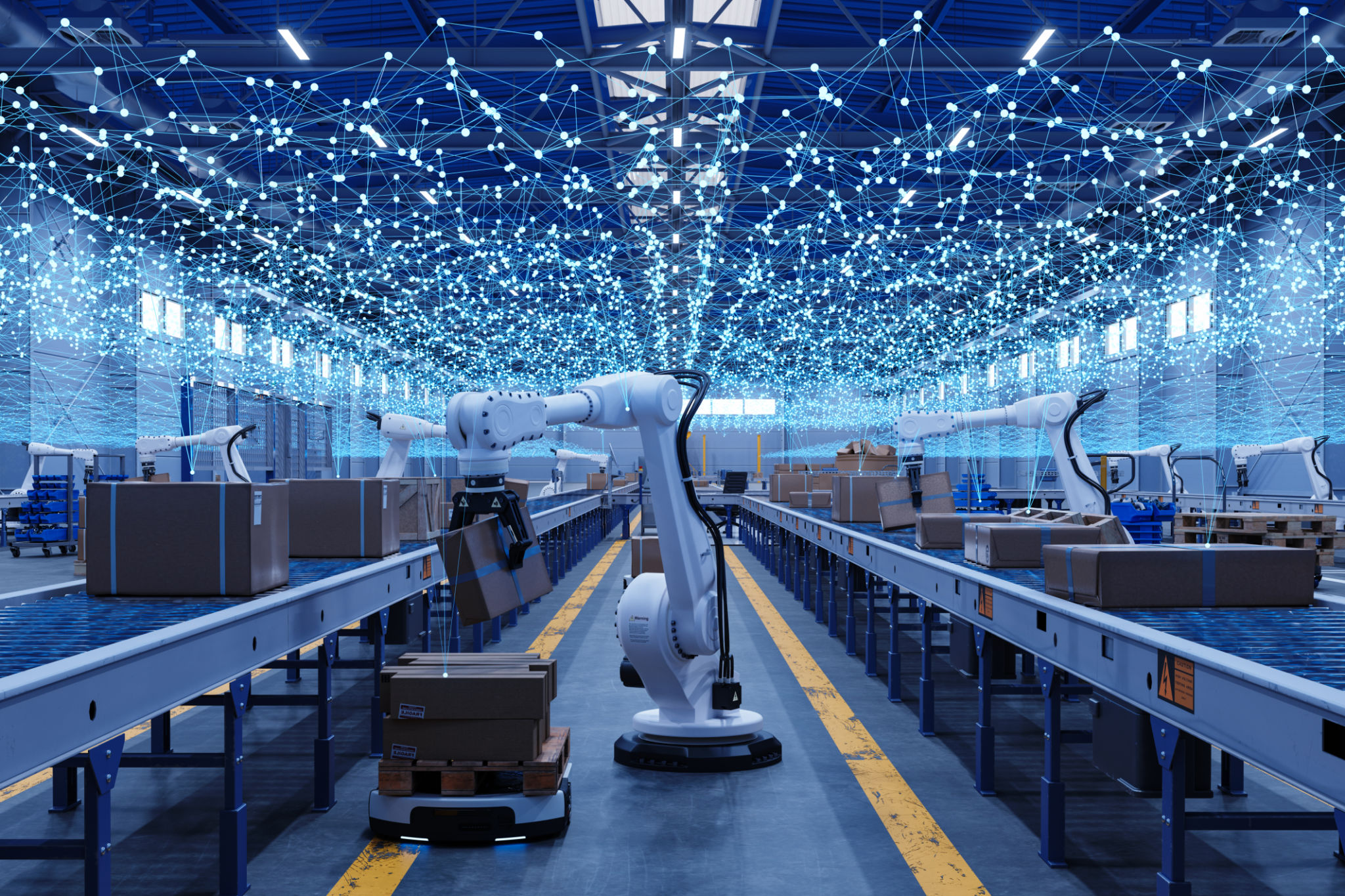Expert Insights: Latest Trends in Electrical Testing Technology
fp
Introduction to Electrical Testing Technology
The field of electrical testing technology is continuously evolving, driven by advancements in technology and increased demand for efficiency and safety. As industries strive to ensure that electrical systems are both safe and efficient, staying updated with the latest trends becomes crucial. This post delves into the expert insights on the current trends shaping the future of electrical testing technology.

Digital and Automated Testing Solutions
One of the most significant trends in electrical testing technology is the shift towards digital and automated solutions. These advancements have reduced manual intervention, thereby minimizing human error. Automated systems are now capable of performing complex tests with precision, offering real-time data analysis and reporting.
Moreover, digital solutions provide a seamless integration with other industrial systems, enabling more comprehensive monitoring and maintenance. This integration not only enhances operational efficiency but also extends the lifespan of electrical systems by predicting failures before they occur.
IoT-Enabled Testing Devices
The Internet of Things (IoT) is revolutionizing various sectors, and electrical testing is no exception. IoT-enabled testing devices allow for remote monitoring and diagnostics, offering unprecedented access to system performance data. This connectivity facilitates proactive maintenance strategies, drastically reducing downtime and operational costs.

With IoT, organizations can leverage data to optimize energy consumption, identify potential issues early, and enhance overall system reliability. This trend is particularly beneficial in sectors where continuous operation is critical, such as manufacturing and healthcare.
Sustainability and Eco-Friendly Practices
Sustainability is becoming a core focus in electrical testing technology. Companies are increasingly adopting eco-friendly practices by utilizing energy-efficient equipment and materials. This trend aligns with global efforts to reduce carbon footprints and promote sustainable industrial practices.
Additionally, there is a growing interest in developing testing technologies that support renewable energy sources. By ensuring that these sources are integrated efficiently into existing systems, the industry is contributing to a greener future.

The Role of Artificial Intelligence
Artificial Intelligence (AI) is playing a transformative role in enhancing the capabilities of electrical testing technologies. AI algorithms can analyze vast amounts of data quickly, identifying patterns that human operators might miss. This ability significantly improves fault detection and predictive maintenance.
Furthermore, AI-driven insights enable more informed decision-making processes, optimizing resource allocation and improving the overall safety of electrical systems. As AI technology continues to advance, its impact on electrical testing will undoubtedly grow.
Conclusion
The landscape of electrical testing technology is undergoing significant changes, driven by digitalization, IoT, sustainability, and AI. By embracing these trends, businesses can enhance system reliability, reduce costs, and contribute to a sustainable future. As we look ahead, staying informed about these developments will be essential for professionals aiming to remain competitive in this dynamic field.